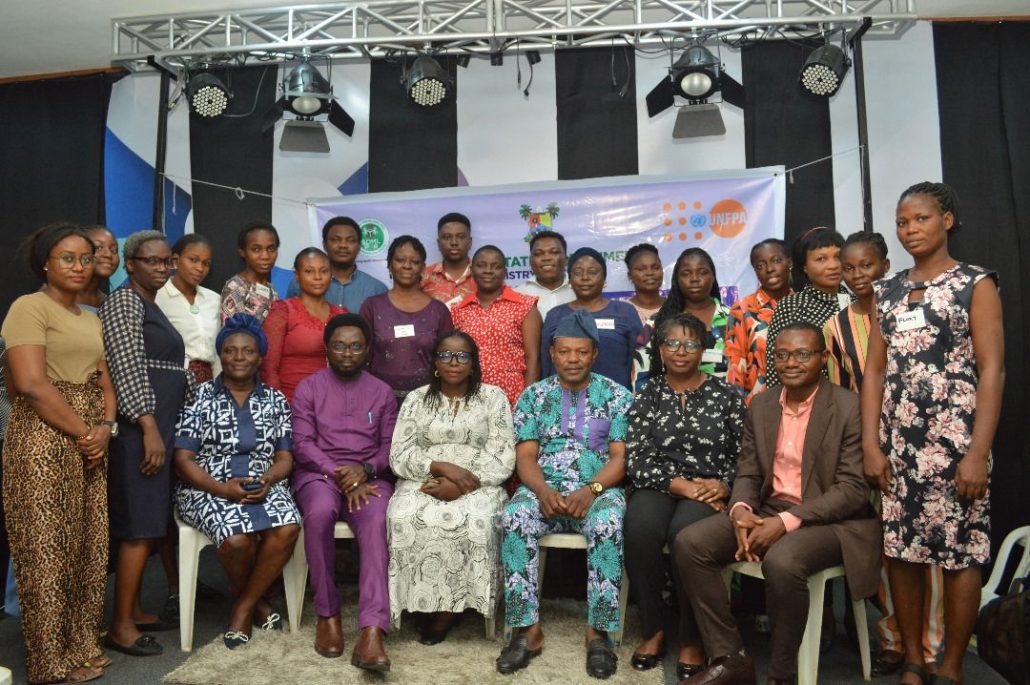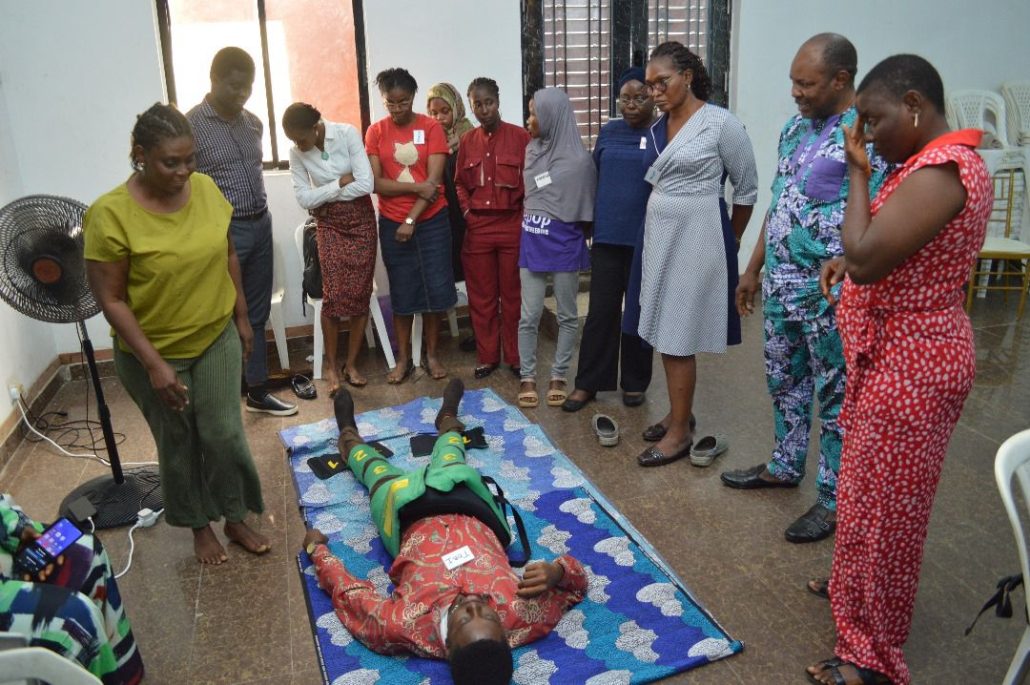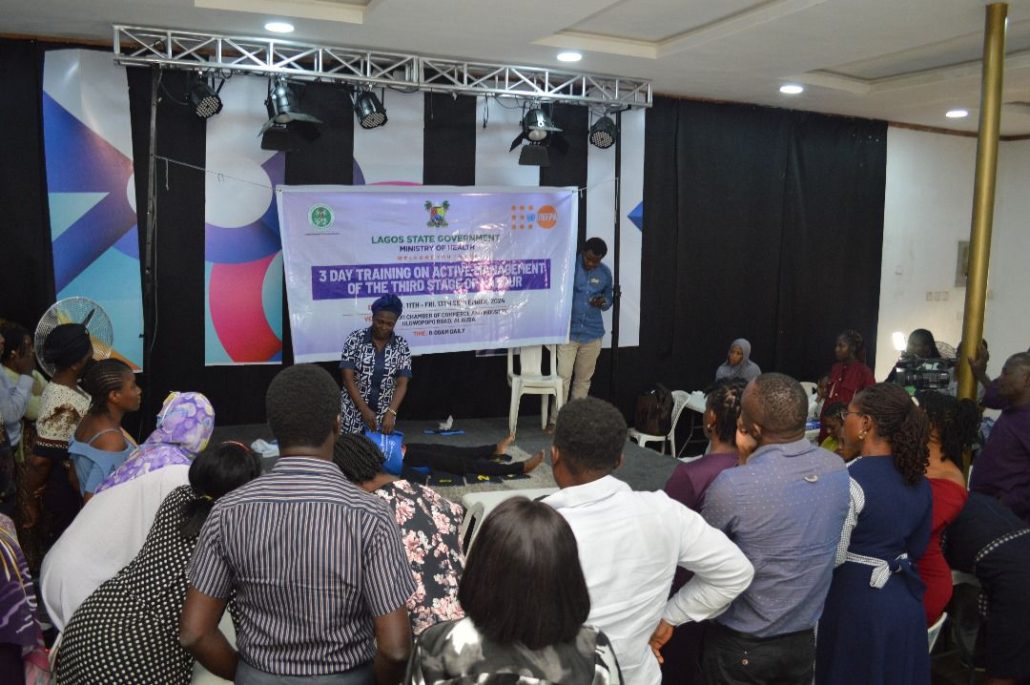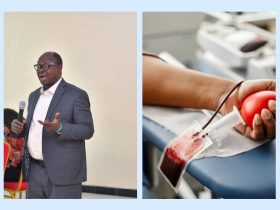

By Elizabeth Chimobi
As part of its ongoing efforts to reduce maternal mortality, the Lagos State Government has equipped 40 healthcare workers with advanced skills to manage childbirth complications during the critical third stage of labour.
The training, which focused on life-saving interventions, was organized in collaboration with the United Nations Population Fund (UNFPA) and the Saving One Million Lives Programme for Results (SOMLPforR).
Held over three days in Ikeja, the training involved healthcare professionals from primary, secondary, and tertiary healthcare facilities across the state.
The sessions combined theoretical lessons and practical demonstrations, aimed at strengthening the participants’ ability to prevent and manage postpartum hemorrhage (excessive bleeding), a leading cause of maternal deaths in Nigeria.
Director of Family Health and Nutrition at the Lagos State Ministry of Health,Dr. Folasade Oludara, emphasized the significance of the training in addressing gaps in knowledge and practice. “Postpartum hemorrhage remains a major contributor to maternal mortality both globally and locally,” she said.


“This training provides healthcare workers with essential skills, including the use of uterotonic drugs such as oxytocin and misoprostol, to prevent excessive bleeding after childbirth.”
Participants were also introduced to innovative techniques like delayed cord clamping, which reduces the risk of neonatal anemia, and the use of non-pneumatic anti-shock garments (NASG), a life-saving device for stabilizing women suffering from severe hemorrhage.
“The NASG is crucial in emergency situations, especially in low-resource settings where access to blood products may be delayed,” Dr. Oludara added. “It buys time until definitive interventions, such as blood transfusions, can be administered.”
A renowned obstetrician and gynaecologist from Lagos State University Teaching Hospital (LASUTH),Professor Yusuf Oshodi explained that targeting postpartum hemorrhage and hypertensive disorders during pregnancy could reduce maternal deaths by as much as 40%.
“These are the two leading causes of maternal mortality in Nigeria. By training healthcare workers to effectively manage these conditions, we can significantly reduce maternal deaths,” Oshodi said.
Reproductive Health Coordinator at the Lagos State Ministry of Health, Dr. Victoria Omoera also highlighted the need for continued investment in maternal health. “Maternal deaths are preventable if the right steps are taken. Low-cost, high-impact interventions like the Active Management of the Third Stage of Labour (AMTSL) have proven effective in reducing maternal mortality by up to 60%,” she said.
Dr. Omoera underscored the importance of scaling up capacity-building efforts.
She pointed out that between 2019 and 2020, the Lagos State Ministry of Health had trained 160 healthcare workers, resulting in a slight reduction in maternal deaths.
However, she acknowledged that more needs to be done to achieve significant progress.
“Our goal is to ensure that every healthcare facility in Lagos is fully equipped and staffed with healthcare workers who have the necessary skills to manage complications and prevent maternal deaths,” she said.


Participants expressed their appreciation for the practical approach of the training, noting that the new skills would enable them to act promptly during emergencies and improve maternal outcomes in their respective facilities.
A medical doctor from General Hospital Agbowa, Dr. Fakoya Elijah described the training as “impactful” and emphasised the importance of continuous learning for healthcare professionals.
“This training has equipped us with new knowledge that will help us act promptly when emergencies arise. It will make a difference in our ability to save lives,” Dr. Fakoya remarked.
A nurse from General Hospital Ajeromi, Edna Adinkuye shared similar sentiments, stating that the training had provided her with a better understanding of key tools like the partograph. “I’ve learned how to use the partograph effectively and understand when it’s necessary. This training is an eye-opener, and I will step down the knowledge of my colleagues when I return to my facility,” she said.
The initiative is part of Lagos State’s broader commitment to strengthening maternal and child health services, and with support from international partners like UNFPA, the state continues to make strides in reducing maternal mortality.





Leave a Reply
View Comments